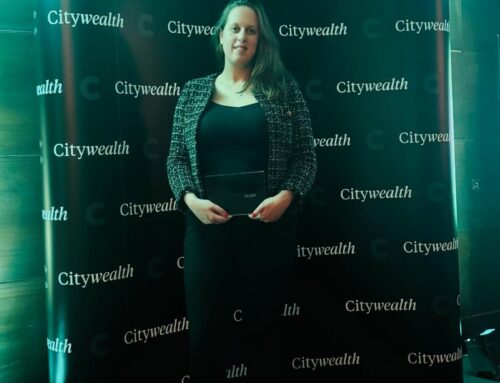Managing Partner Katie McCann examines the backlog in the family courts and the rise of alternatives to the court system in The Times.
Katie’s article was published in The Times, 15 December 2022, and can be read here.
Ending the crisis in the family courts was the centrepiece of the recent “good divorce week” that was organised by the group Resolution.
That message was both timely and welcome as the backlog of cases in the family court surpassed 110,000 in November. It has been fuelled by the return of in-person hearings since the easing of coronavirus restrictions, rising numbers of parties without lawyers and insufficient judicial capacity.
The strain on that branch of the court system is mirrored elsewhere. Max Hill KC, the director of public prosecutions, revealed another record this month – that almost 75,000 defendants were awaiting criminal trials.
After successfully switching to remote hearings wherever possible during the pandemic, the courts are continuing to operate a hybrid system, although most cases are now back to being heard in person. In family law cases, the need to steer clear of overburdened courts has become an imperative. Having been involved in cases where it has taken six months for a hearing to be listed, it is all too apparent to me that court offices are not just overstretched, but are also becoming increasingly less efficient through a mix of underfunding, understaffing or simply being overwhelmed.
Inevitably, this dire situation has fuelled a further rise in alternative dispute resolution, which can significantly accelerate the divorce process. Private financial dispute resolution hearings enable the parties to choose their judge – who they pay for – venue and dates, and allow parties to opt out of the court process as much as possible once an application to court has been initially issued.
This can speed cases up considerably, potentially resulting in lower costs. For public figures and high net-worth individuals, such proceedings offer the added benefit of being completely under wraps, usually at a neutral venue, thereby avoiding the glare of the media.
Equally, family arbitration has been widely championed as an alternative, allowing the parties to resolve their disputes without any court involvement whatsoever. Again, they can choose their arbitrator, venue, timescale, and even what discrete issues need to be arbitrated.
The inevitable drawback of both options is cost — in practical terms, only couples with substantial means can afford them. The average couple without sufficient resources has no choice but to endure the consequences of being entirely dependent on a court system in crisis.
Cuts in public expenditure since 2010 have hit the justice system, not least in funding for family cases, which has led to the rise of parties attending court without a lawyer and impaired access to justice.
Now with further spending cuts announced by the chancellor in his recent autumn statement, the crisis in our court system is in danger of becoming permanent.
Request a Callback
Leave a few details below and one of our team will be in touch to discuss how we can support you with your legal needs. Please note that we cannot offer Legal aid.












